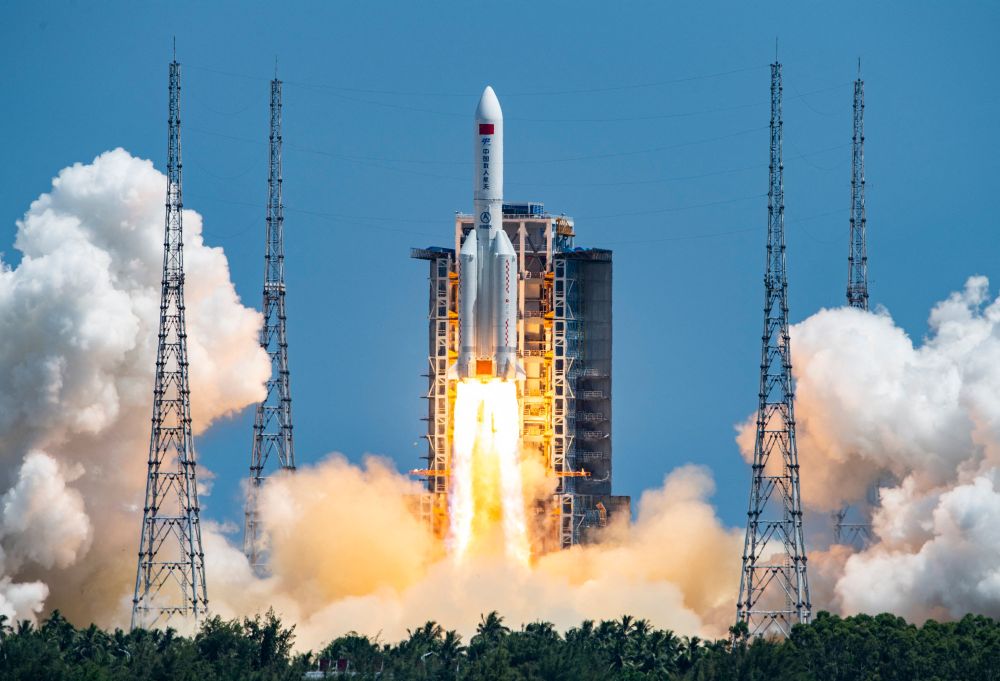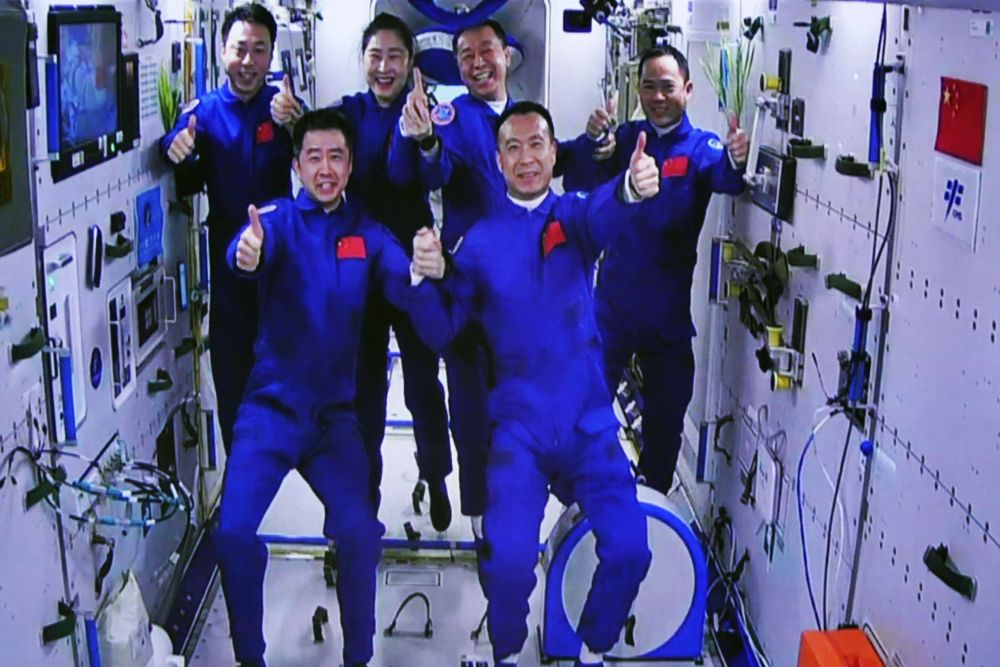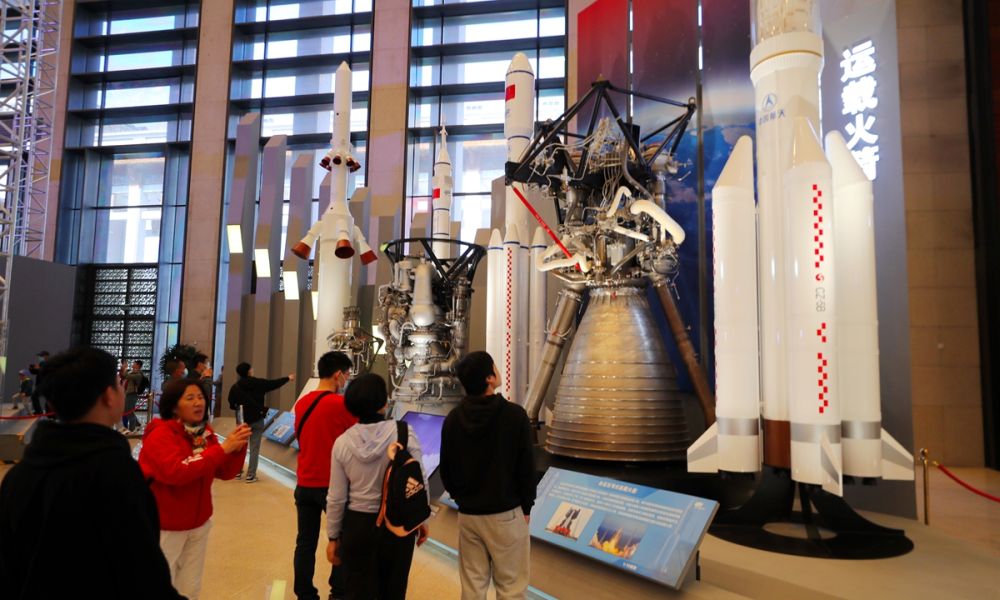China is making headlines with its ambitious plans for space tourism, marking a significant milestone in the global space travel industry. Deep Blue Aerospace, a pioneering company in this field, has recently launched ticket sales for its inaugural suborbital flights scheduled for 2027. The excitement surrounding this venture is palpable, as the first two tickets sold out within just 20 minutes during a livestream event on Taobao, priced at 1.5 million yuan (approximately $210,000) each. This competitive pricing positions China as a formidable player in the burgeoning space tourism market, especially when compared to international competitors like Virgin Galactic, which charges around $600,000 per seat.

The flight experience promises to be nothing short of extraordinary. Passengers will embark on a thrilling 12-minute journey that includes approximately five minutes of weightlessness at altitudes ranging from 100 to 150 kilometers. The spacecraft is designed to accommodate six travelers and features a spacious crew module with large windows, allowing passengers to enjoy breathtaking views of Earth and the cosmos. This immersive experience aims to provide not just a taste of weightlessness but also a profound connection to the wonders of space, making it an unforgettable adventure for those fortunate enough to secure a seat.

Deep Blue Aerospace has laid out an ambitious development timeline that emphasizes safety and reliability. Key milestones include high-altitude vertical recovery tests set for November 2024 and multiple recovery and reuse tests throughout 2025. The company plans to conduct dozens of tests with its fully stacked Nebula-1 rocket and crewed spacecraft before launching commercial flights in 2027. This meticulous approach underscores the challenges involved in developing reusable rocket systems and reflects the company’s commitment to ensuring a safe experience for passengers venturing into space.

As China enters the competitive arena of space tourism, it faces challenges from both domestic and international players. CAS Space is also working on suborbital tourism services, aiming for a launch by 2028. However, Deep Blue Aerospace’s attractive pricing strategy could disrupt the market and make space travel more accessible to a wider audience. With increasing interest in space exploration and tourism, China’s entry into this field not only highlights its technological advancements but also opens up new possibilities for adventure seekers eager to experience the final frontier. As we look ahead, it will be fascinating to see how this burgeoning industry evolves and what it means for the future of travel beyond our planet.

